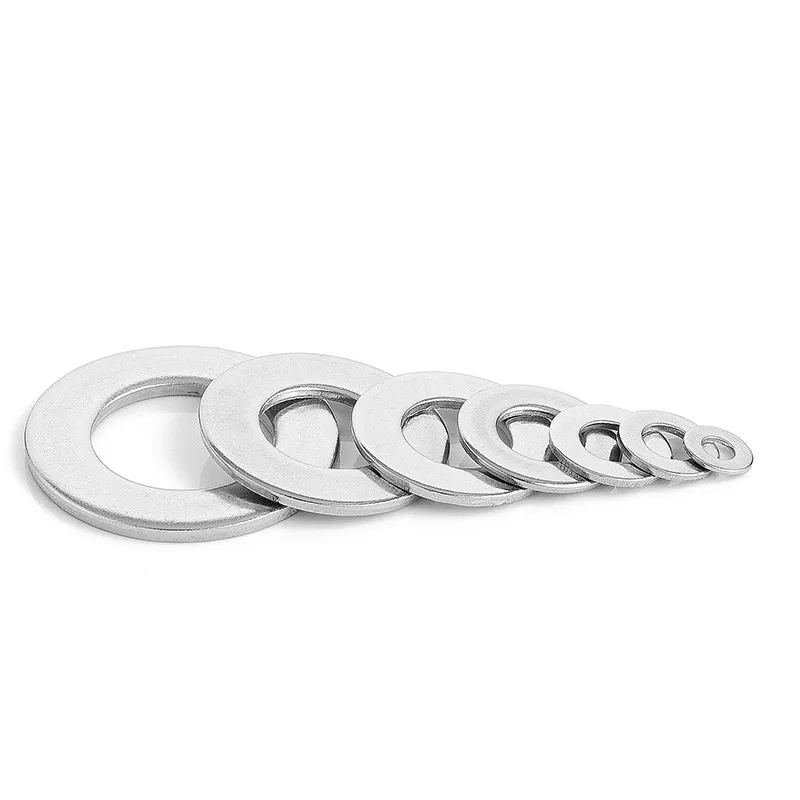

Durable T Bolts Made of Stainless Steel for Strong Fastening Solutions
Aug . 21, 2024 18:08 Back to list
Durable T Bolts Made of Stainless Steel for Strong Fastening Solutions
The Importance of Stainless Steel T Bolts in Modern Engineering
Stainless steel T bolts are an essential component in various industrial applications, renowned for their strength, durability, and resistance to corrosion. These fasteners, characterized by their T-shaped design, are widely used in constructing structures ranging from bridges and machinery to heavy equipment and automotive parts. Understanding the significance of stainless steel T bolts can provide insight into modern engineering practices and the benefits of using high-quality materials.
Design and Functionality
The unique design of T bolts allows them to distribute load efficiently across a surface, making them ideal for fastening materials in high-stress environments. The head of the T bolt provides a larger surface area, allowing for better engagement with the material being fastened, while the body of the bolt fits snugly into pre-drilled or tapped holes. This ensures a secure connection that can withstand significant forces, which is crucial in construction and machinery industries where safety is paramount.
One of the remarkable features of stainless steel T bolts is their ability to resist corrosion. Unlike carbon steel bolts, which can rust and degrade over time when exposed to moisture or harsh environments, stainless steel offers a protective layer that significantly extends the lifespan of the fasteners. This quality makes them particularly beneficial in outdoor applications or in industries such as food processing and pharmaceuticals, where hygiene and material integrity are critical.
Material Properties
Stainless steel is an alloy primarily composed of iron, chromium, and varying amounts of nickel. The chromium content is what gives stainless steel its exceptional anti-corrosive properties, forming a passive layer of chromium oxide that protects the underlying metal. In addition to being corrosion-resistant, stainless steel T bolts also exhibit high tensile strength and excellent fatigue resistance. These characteristics are essential for maintaining the integrity of structures and machinery that undergo repeated stress and strain during operation.
stainless steel t bolts

Furthermore, stainless steel T bolts are available in various grades, allowing engineers to choose the right type for specific applications. For instance, grades such as 304 and 316 are commonly used, with 316 offering superior resistance to saltwater and acidic conditions. Understanding the different grades and their respective properties helps engineers select the most appropriate fastener for their particular needs.
Applications in Industry
Stainless steel T bolts find applications in numerous sectors, including construction, automotive, marine, and aerospace industries. In construction, they are often used to secure girders, beams, and heavy equipment, ensuring the stability and safety of structures. In the automotive industry, they are frequently utilized in engine components and chassis, where durability and reliability are critical.
In the marine sector, where exposure to saltwater is inevitable, the use of stainless steel T bolts is crucial to prevent corrosion and guarantee the longevity of boats and offshore structures. Meanwhile, in aerospace applications, these fasteners are employed to assemble aircraft mainly due to their lightweight yet robust nature, which is essential for safety and performance.
Conclusion
In summary, stainless steel T bolts play a vital role in modern engineering and construction practices. Their design, coupled with the superior properties of stainless steel, makes them indispensable in a variety of applications. As industries continue to evolve, the demand for durable and corrosion-resistant fasteners such as T bolts will likely increase. Investing in high-quality stainless steel T bolts not only enhances the safety and reliability of structures and machinery but also contributes to the overall efficiency of engineering projects. Understanding and utilizing these fasteners is a step towards achieving excellence in any manufacturing or construction endeavor.
Latest news
-
Premium Fasteners Manufacturer | AI-Driven Solutions
NewsAug.01,2025
-
Hot Dip Galvanized Bolts - Hebei Longze | High Strength, Corrosion Resistance
NewsAug.01,2025
-
High-Strength Hot Dip Galvanized Bolts - LongZe | Corrosion Resistance, Custom Sizes
NewsAug.01,2025
-
Best Self Tapping Screws for Drywall - Fast & Secure Installation
NewsJul.31,2025
-
High-Strength Hot Dip Galvanized Bolts-Hebei Longze|Corrosion Resistance&Customization
NewsJul.31,2025
-
Hot Dip Galvanized Bolts-Hebei Longze Metal Products|Corrosion Resistance&High Strength
NewsJul.31,2025

